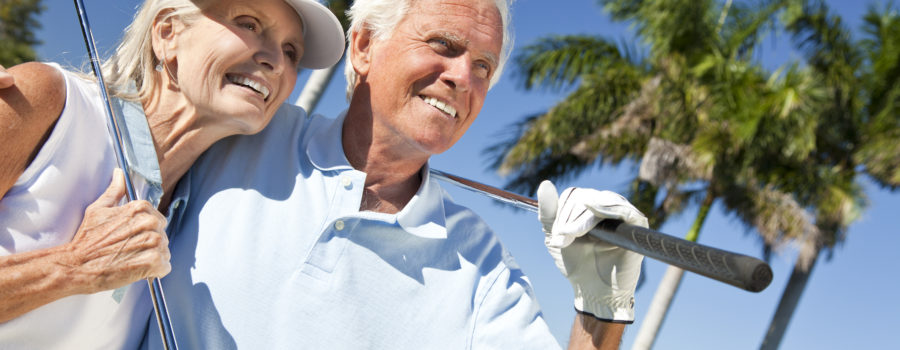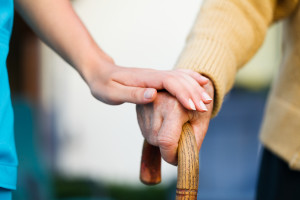As the summer heat sticks around this month, people come out to enjoy the last months of summer activities. However, seniors still need to take precautions because they could be at risk for a heat stroke or heat exhaustion.
One statistic says that more people in the United States die from extreme heat every year than from hurricanes, lightning, tornadoes, floods and earthquakes combined. Nearly 400 Americans die from heat waves each year and most of them are seniors who often do not realize when they are overheated and in danger.
Older people generally cannot handle the heat as well as their younger counterparts. They don’t sweat as effectively and have poorer circulation. Obesity, heart disease, dementia, diabetes and other chronic medical conditions can compound the risk. Some medications especially diuretics, or those prescribed for hypertension and Parkinson’s disease can also be contributing factors.
Extreme heat tends to have a greater impact on senior citizens because their bodies are less able to regulate temperatures, according to the National Institute on Aging. This raises the risk of a number of health conditions including hyperthermia and heat stroke. Given this increased danger, it’s important for caregivers to make sure their loved ones are protected in the summer months.
– Dehydration is one of the biggest concerns and causes of heat related health issues, so caregivers must be certain that their seniors are drinking plenty of water, juice and other liquids throughout the day. By the time the individual is thirsty, he or she is already dehydrated. Seniors may not always be aware of dehydration, so it is important for caregivers to keep track of water consumption throughout the day. Alcohol, coffee and carbonated sodas should be avoided since they will only increase dehydration.
– Air conditioning is vital for seniors on a hot and humid day. Many seniors avoid turning on the air conditioner to save money or because they do not realize how hot it is! Seniors should consider setting their A/C at 70 to 74 degrees to keep their home comfortable. If air conditioning is not available in the home, spending two or three hours a day in a theater, the mall or a friend or relative’s home can be helpful. Community and senior centers are usually air conditioned and are also another source. If traveling is necessary and the person doesn’t drive its best to call a cab instead of waiting outside for a bus.
– Seniors need to dress appropriately by wearing loose fitting clothing with natural fabrics like cotton. These will breathe easier than synthetic fabrics such as polyester. Light colors are best since they will reflect the sun and heat, instead of darker colors that will attract them.
– Stay indoors during extreme heat especially during the hottest part of the day (10 a.m. to 4 p.m.). Plan outings for mornings and evenings to avoid exposure to unnecessary risks from the mid-day heat. When outdoors, protect your skin from damage by wearing hats, sunglasses and sunscreen.
– Seniors should be visited at least twice a day and caregivers should watch for signs of heat exhaustion or heat stroke. Heat exhaustion is produced by the loss of normal fluids and salts in the body that results from exposure to heat, either indoors or outdoors. Signs of heat exhaustion include profuse sweating, moderate increase in body temperature, rapid heartbeat, fatigue, thirst, low blood pressure, headache, nausea and an ashen appearance. If you notice someone exhibiting these symptoms, it is critical to take steps to cool them down. Move the individual to a cool dry place where they can lay down. Wrap some ice in a towel and apply to the head, neck, armpits and groin. Place a fan on the person and apply cool water to the skin. When heat exhaustion goes undetected it can rapidly turn into heat stroke, which is a life threatening condition. It occurs when the body becomes unable to control its temperature that can rise to 106 degrees Fare height in 10 to 15 minutes. If this occurs call 911 immediately.
Most seniors look forward to summer. More hours of daylight and higher temperatures are conducive to outdoor activities to be enjoyed with family and friends. Exercising care during hot and humid days is an important step to a healthy and happy summer.


